Actors dressed as Rama, his wife Sita and brother Lakshman adopt the final minutes of the match, the Ramlila ground. After adoption of the climax of the war with Ravana, Rama shoots player character an arrow with a flaming tip of characters from a safe distance and volume breaks up into cheers which burst fire. The enthusiasm and applause sometimes drowned deafening explosion. Hilarity follows as people indulge in games, dance and music held at the fair.
 Bengalis celebrate Dusshera as part of their greatest festival – Durga Puja. This day marks the end of the Durga Pooja celebrations, like the previous nine days together referred to as ‘Navratri’.
Bengalis celebrate Dusshera as part of their greatest festival – Durga Puja. This day marks the end of the Durga Pooja celebrations, like the previous nine days together referred to as ‘Navratri’. On Vijayadashmi are idols of goddess Durga immersed in water after the nine-day celebrations. It is said that people on the ground in the eastern state of West Bengal adopted Durga as their daughter, so she visits home to parents each year for the past four days Navratri, with her sons Ganesha and Kartikeya and daughters Lakshmi and Saraswati. She leaves at the end of her husband’s place on Vijayadashmi. Similar practices seen in Orissa and Assam. In the northeastern state of Tripura are large fairs conducted and figures of Ravana, Meghnath and Kumbhkarna is burned at the Ramlila Maidan.
Dussehra 2011 in 06 October......

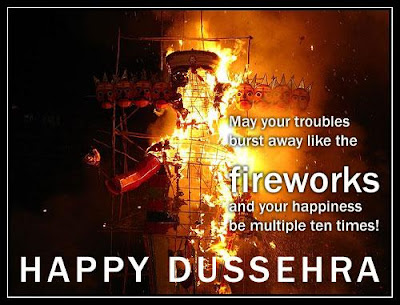
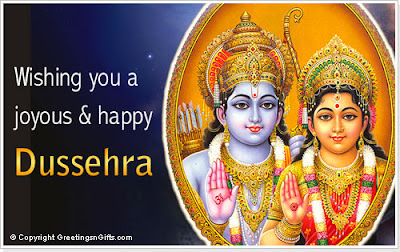

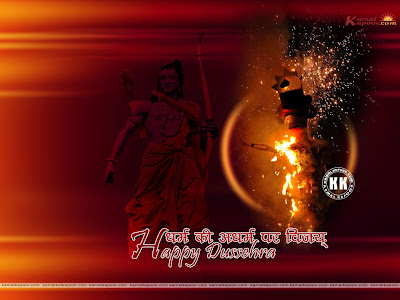
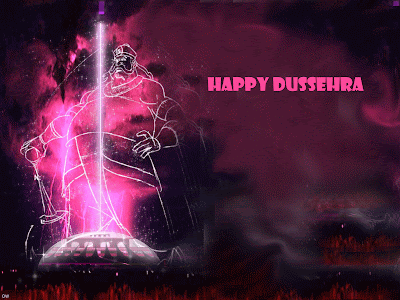

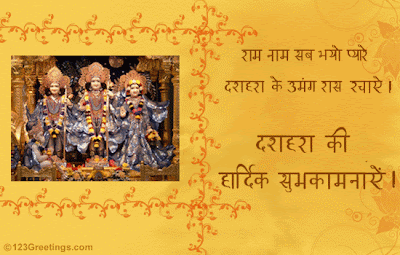
Video:










No comments:
Post a Comment